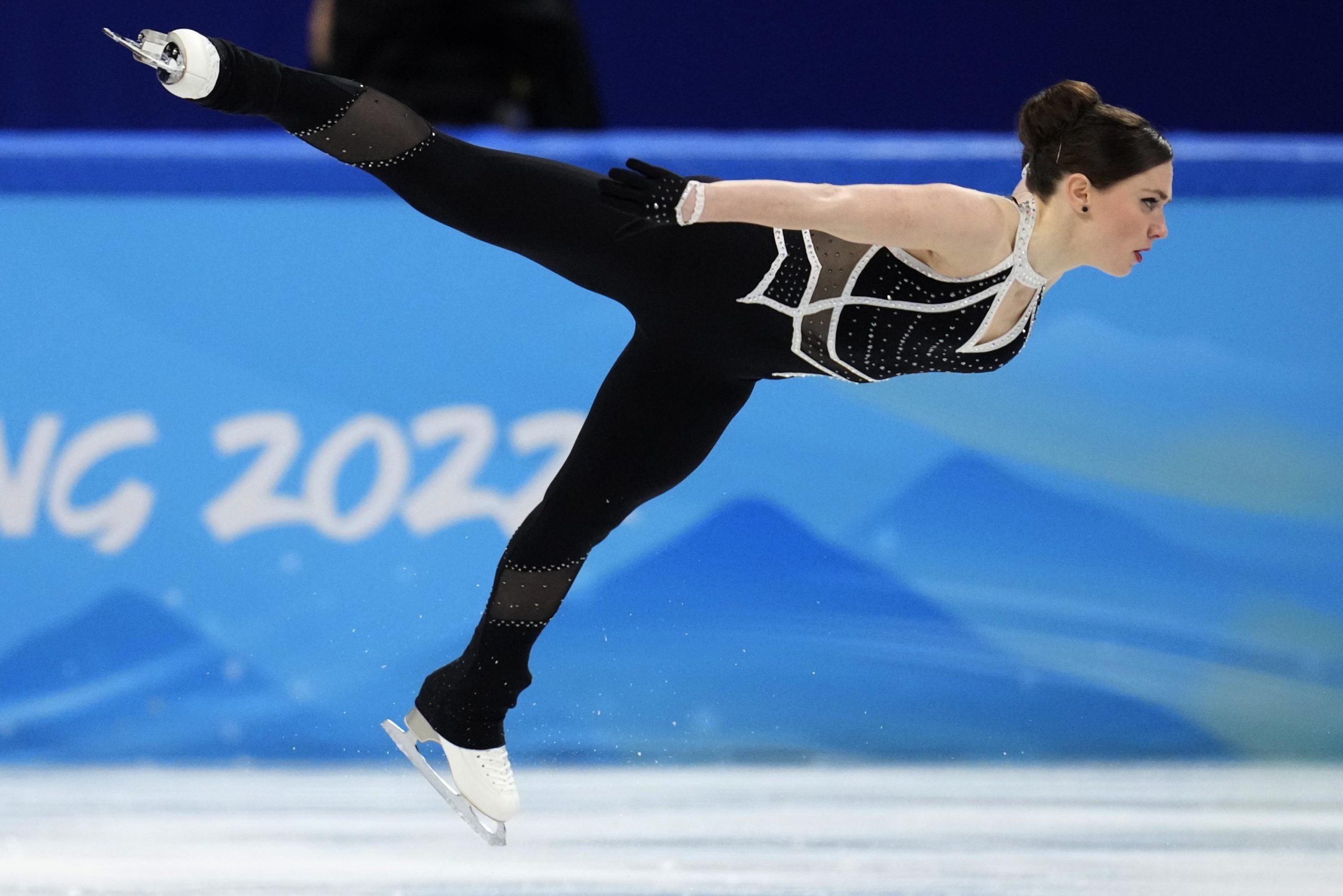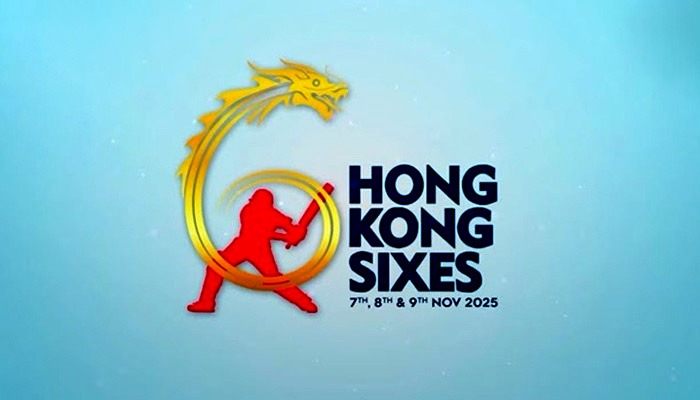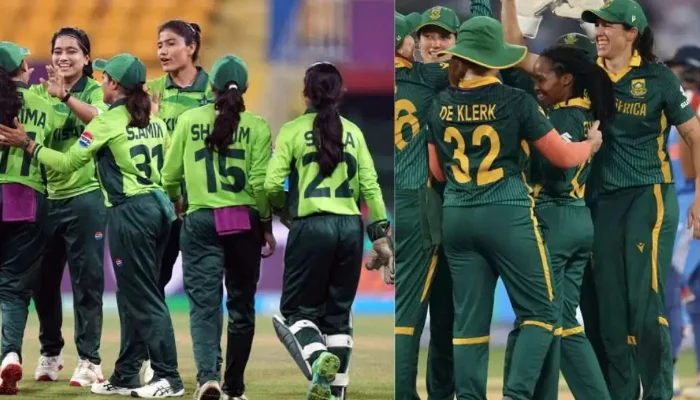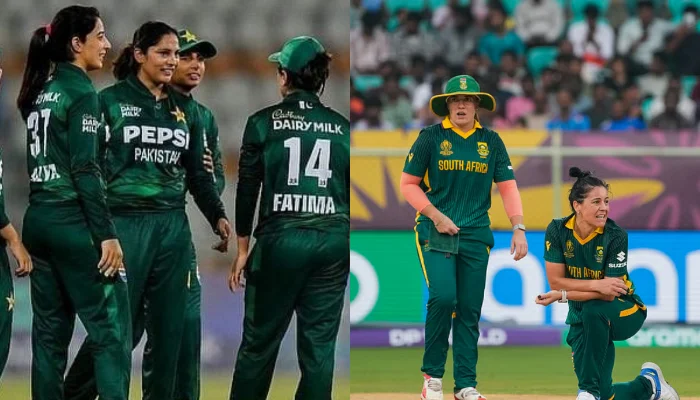The women’s figure skating competition at the 2022 Winter Olympics was expected to be a coronation, a landmark event displaying a trio of talented Russian skaters with a realistic chance of sweeping the Olympic podium for the first time in Olympic history.
Instead, there were tears, but they were tears of absolute sadness, not tears of joy. Kamila Valieva, the 15-year-old favourite to win gold, tested positive for a banned drug but was still permitted to play. The controversy surrounding that choice, as well as the strain placed on the young kid as all eyes were on her and the entire world questioned her ability, took their toll, as she fell on three of her seven jumping passes and finished fourth.
Her teammate, Anna Shcherbakova, who skated a clean and tremendous free programme to win gold, hardly looked like a newly crowned Olympic champion as she stood alone backstage for several minutes, hugging a stuffed animal, while officials from the entire Russian skating team focused on comforting Valieva, who began sobbing in the kiss and cry after seeing her scores and realising she was in fourth place, off the Olympic podium on which she was expected to stand.
Alexandra Trusova, who trains at the same Moscow school as Valieva and Shcherbakova, earned silver. Trusova, too, burst into tears, repeatedly crying, “I can’t watch this,” but her cries, she subsequently claimed, had more to do with her standings. She cried “I won’t go, I won’t go” to the mascot ceremony at centre ice for several minutes before her coach Eteri Tutberidze finally forced her to skate out. At the press conference that followed, she stated, “I did all I could.” I am dissatisfied with the outcome. Why I was angry, why I was unhappy – for the first time, I skated with five quadruples, and I had waited a long time for this moment.”
All skaters pass a bulletin board in the Capital Indoor Stadium’s hallway heading to the rink, which now displays an announcement from the International Olympic Committee (IOC). It is stated that if Valieva finishes in the top three, no medals will be awarded in the women’s event.
It was a physical reminder of the extraordinary predicament in which the competitors found themselves, as if they needed one. Valieva was predicted to place in the top three, leading the IOC to postpone the medal ceremony. However, regardless of where Valieva ended, the IOC authorised an extra skater to compete in the free programme, with the understanding that if Valieva’s doping violation case, which is still being investigated, concludes that she should be disqualified, then all skaters will move up a spot.
Instead, the 15-year-old skated what was likely her most error-filled programme to date. Valieva struggled to complete each element, slipping out of her first leap, a triple Axel, and placing her hand down on the ice to stabilise herself, in stark contrast to the confident, controlled skater the world witnessed in the team event last week, before the news of her drug violation became known. At the end of the routine, Valieva flung her hands up in frustration before skating back to the kiss and weep and breaking down in tears. Valieva finished first in the short programme and fifth in the free, giving her an overall fourth-place finish in the competition.
She and her partners, who practise at the same Moscow skating school, were the only female competitors to try quadruple leaps. Trusova, the bronze medalist from the European Championships, had already made history as the first woman to land a variety of quadruple jumps, and she made it her mission to match the men in the sport by landing five quadruple jumps using four different types of jumps in her free programme at an Olympics, as Nathan Chen did when winning gold. She completed her five quadruple leaps, but stepped out of one of them and had her last attempt demoted due to under-rotation. While her programme component scores were far lower than those of the Japanese and Korean skaters, her high-scoring leaps propelled her more than 30 points clear of the field before her Russian companions competed.
However, technical abilities aren’t the sole factor in the score, as Trusova’s teammate Anna Shcherbakova demonstrated. Shcherbakova’s free programme had only two quadruple leaps, and unlike Trusova, she stuck with one style, the flip, but she impressed the judges more with her skating skills, presentation, and interpretation of the music. It was enough to earn gold by scoring 4.22 points more than Trusova. Her Olympic victory is all the more surprising given the circumstances surrounding Valieva, but also since Shcherbakova had boot troubles in Beijing and is breaking in a new pair during the Games. Nonetheless, given the circumstances, she was understandably ambivalent about her accomplishment. “I still don’t understand what occurred,” she admitted. “On the one hand, I’m overwhelmed that it happened, but on the other hand, I feel emptiness inside.”
Team USA women finish in top 20
The women from the United States finished in the top 20. Karen Chen, who finished 16th in her second Olympics, continued to struggle with the triple loop jump; it was her most unreliable jump throughout the team competition and short programme. During her free programme, she fell on the first attempt and placed her hand down on the second.
Despite an emotional skate to K. D. Lang’s “Hallelujah,” U.S. national champion Mariah Bell fought through a couple weak landings but managed to put off a clean programme, sans her intended triple-triple jump combo, which dropped her to 10th in the standings. “You weren’t going to let anything go,” her coach, Adam Rippon, said as she walked off the ice. “I’m thirsty!”
Alysa Liu, Team USA’s lone member who included a triple Axel in her performance, did land it, but it was underrotated, which meant she only completed the last half of the 3.5 rotations on the ice, earning her only points for a double Axel. She’s had trouble with the jump all season, and she fell on one attempt during the warm-up before landing on another. At the age of 13, Liu became the first woman in the United States to land a quadruple leap in competition, but she has since grown several inches and failed to preserve her early jumping ability. Without the points from the triple Axel, Liu was unable to crack the top five and finished seventh as the three Russian women, two Japanese women, and South Korea’s Young You, who earned more points for her program components, surpassed her.
The bronze medal earned by Japan’s Kaori Sakamoto, who finished sixth at the past Olympics and now returns home with a medal, was overshadowed by the aftermath from the Russian ladies.
An Olympic event overshadowed by doping controversy
Sakamoto’s moment, however, was overshadowed by the drama surrounding the Russian squad, including the event’s week-long pressure cooker as the skating community has been outraged that Valieva was permitted to compete despite a failing drug test. The ruling was made by an independent sports arbitration court, but it was widely condemned by prior Olympians, including NBC commentators Tara Lipinski and Johnny Weir, who termed Valevea’s participation in the competition a “slap in the face” to clean athletes and the Olympic spirit. Polina Edmunds, a 2014 Olympian in figure skating, tweeted, “If you’re using [a performance-enhancing substance] long term from a young age, think about how many more hours you can train, how many more reps you can do, how many run-throughs you can do, etc.” You’d get better outcomes much faster than a clean athlete.”
“The doping rules are there and something we all know we have to follow to protect the integrity of the sport,” two-time ice dance Olympic gold medalist Scott Moir tells TIME. “And it’s hasn’t been protected here in my opinion.”
While medals were eventually given out in the women’s event, the drama surrounding Valieva’s case is far from done. The inquiry of her positive test is still ongoing, and the team event medals are still contingent on the outcome of that review.
The escalating issue exposes a flaw in the Olympic system and its pursuit of clean sport. While anti-doping laws are in place, and the penalties for athletes who breach them are apparent, enforcement ultimately rests to various countries’ anti-doping authorities. And, as Valieva’s case demonstrates, various agencies have varying levels of tolerance for infractions. The Russian Anti-Doping Agency punished the skater but later dropped the punishment; by contrast, the United States Anti-Doping Agency barred sprinter Sha-Carri Richardson from competing in the Tokyo Olympics last summer after she tested positive for marijuana.





















